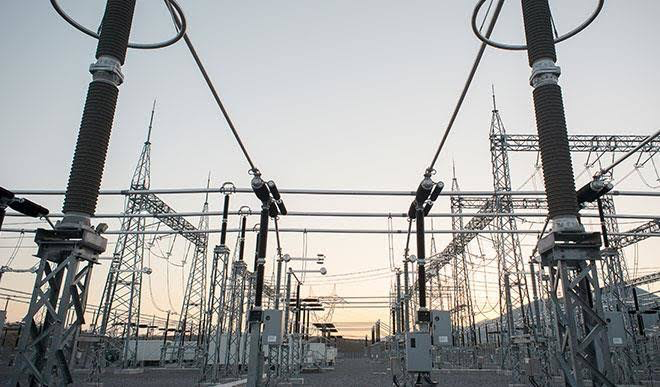Kano Electricity Distribution Company (Kano DisCo) has announced an ambitious plan to upgrade its infrastructure and revolutionize electricity distribution for an estimated 25 million Nigerians in Kano, Katsina, and Jigawa States. The company is seeking $200 million in investment to build at least 200MW of incremental capacity through at least 100 mini-grids and embedded generation projects.
The move is part of the company’s vision to become the first “Green DisCo in Africa” by using renewable and clean energy sources such as solar, hydro, and battery storage. The company is partnering with BlackAion Capital, a Mauritius-based firm, to re-capitalize the network and raise the funds for the interconnected mini-grids and embedded generation projects.
“We believe Kano’s network is the most exciting network for investment, not just in Nigeria but in Africa. Where else do you have a large economy with 25 million people subsisting on main diesel and small petrol generators with insufficient grid supply,” Okwu Njoku, managing partner at BlackAion, said.
He added, “Every green investor in the world should be trying to get into Kano because the environmental impact of allowing Kano DisCo to continue to be inefficient is too high, and you can still make a high return while being good”.
According to the company, the interconnected mini-grid model is an important option for networks that are peri-urban with energy needs but lack supply. The company also plans to prioritize bulk grid supply to industrial consumers, especially in key clusters such as Tokarawa and Sharada, where it aims to provide 24-hour supply through embedded generation.
The company’s chairman, Adamu Gumel, said, “You will see these interconnected mini-grids popping up everywhere in our network in Katsina and Jigawa also to augment electricity supply for our consumers, while we prioritize bulk grid supply to industrial consumers”.
The company also announced plans to execute more mini-grids with a suite of developers and engineering, procurement, and construction (EPC) firms led by those who executed the Zawaciki project, which is ready for technical commissioning.
The Zawaciki project, co-funded by members of Kano DisCo’s core investor consortium, the World Bank, and the Global Energy Alliance for People and Planet, is the largest of its kind in Nigeria. It includes a 1MW interconnected solar-diesel hybrid solar plant, metering for over 2,000 consumers and low voltage network revamp and rehabilitation.
The company’s new core investors, Future Energies Africa, said they are in serious discussions with the institutional investors and the governments of Kano, Katsina, and Jigawa to re-capitalize and re-position the entity to be the best-performing DisCo in the country.
Habib Daura, a representative from Future Energies Africa and a director on the board of Kano DisCo, said, “We are looking forward to working with all stakeholders to make this happen. We believe this is a game-changer for the power sector in Nigeria and a model for other DisCos to follow”.
The company’s plan is in line with the Electricity Act 2023, which was signed by President Bola Tinubu in June last year. The Act provides a comprehensive legal and institutional framework for the power sector in Nigeria, encouraging private sector investments and the use of renewable and non-renewable energy sources for power supply. The Act also grants states the legislative autonomy to regulate electricity activities within their jurisdiction, while the federal government exclusively regulates interstate and international electricity activities.
The power sector in Nigeria has been plagued by perennial challenges such as inadequate generation, transmission and distribution capacity, poor metering, high losses, low tariffs, liquidity crisis, vandalism, and theft. According to the World Bank, only about 60 percent of Nigerians have access to electricity and those who do face frequent power cuts and rely on expensive and polluting backup generators.
The World Bank estimates that the lack of reliable power costs Nigeria about $29 billion a year, equivalent to 2 percent of its GDP. The bank also projects that Nigeria will need to invest about $3 billion per year in the power sector over the next decade to achieve universal access to electricity by 2030.
Kano DisCo’s initiative is therefore a welcome development that could boost the economic and social well-being of millions of Nigerians, as well as contribute to the global efforts to combat climate change and achieve the Sustainable Development Goals.
Source: BusinessDay



